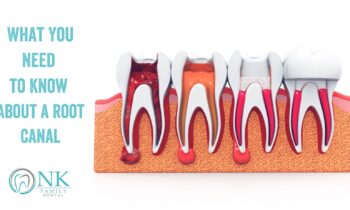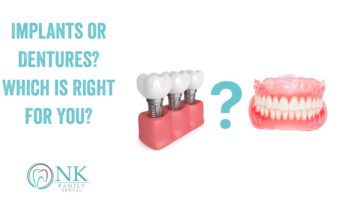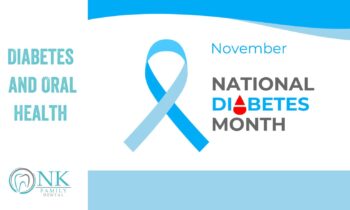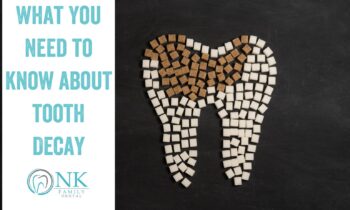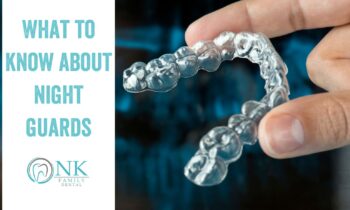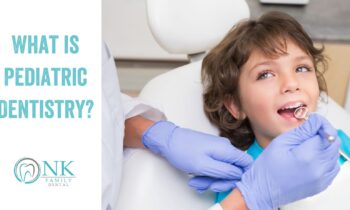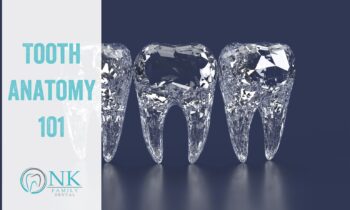What You Need to Know About a Root Canal
Root canal treatment is probably the dental procedure that people dread the most. In fact, it’s the standard reference for an unpleasant experience, as in, “I’d rather have a root canal than (fill in the blank).” If you’ve never had a root canal, the procedure’s bad reputation could make you so anxious that you don’t…

